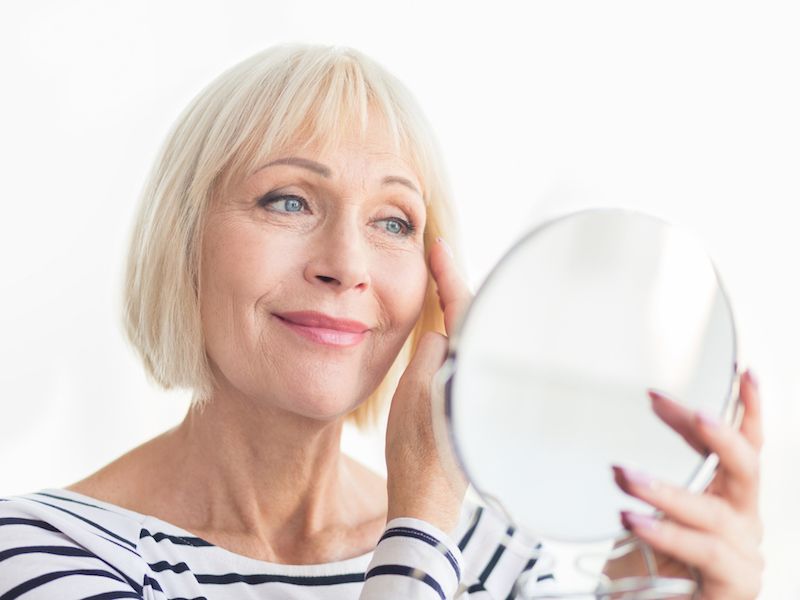
Everybody wants to stay young for as long as they can. We spend countless hours undertaking everything possible to stay youthful. From specialized diets to gym memberships to Botox to wrinkle creams. Still, with that amount of time and effort, the one thing that may actually work, we tend to avoid: protecting our ears.
Hearing loss is often one of those “signs of aging” that we often consider to be inevitable. But it’s not as simple as that. By protecting your ears (and treating them with a bit of kindness along the way), you can help prevent harm and keep your hearing in good condition. And as time goes by, great hearing can have considerable anti-aging benefits.
Aging And Hearing
When we discuss “aging” we don’t normally mean the actual passage of time. Instead, “aging” generally refers to the appearance of certain physical, mental, or emotional characteristics that we associate with getting older. Joint pain is a perfect example of this. When your knees start to hurt, you may relate that with “growing old”. But lifestyle has as much to do with this as does age.
The same goes for many kinds of hearing loss. There’s an accumulation of damage as you get older. And in most cases, it’s the build-up of damage that causes the actual hearing degeneration. And that’s when things can start to grow out of control. Neglected hearing loss has been related to several other signs of aging:
- In some cases, the mental burden associated with attempting to hear can lead to problems like loss of memory or insomnia. And, in a particularly intense way, that can cause you to feel like you are getting old.
- Self isolation from family and friends can be the result of untreated hearing loss.
- When hearing problems are unnoticed and neglected they can often hasten the onset of other mental health issues, including dementia.
- Research has shown a strong connection between neglected hearing loss, anxiety, and depression.
What to do About Age Related Hearing Loss
You’re actually emphasizing damage prevention when you battle the “signs of aging” in your ears. And it’s fortunate that we can accomplish that using several methods. For example, you can:
- Wear hearing protection to work if your job exposes you to loud noise. With modern quality ear muffs, loud noises are eliminated while you can still hear people speaking clearly.
- Boost your awareness. You can still suffer damage to your hearing even if sounds are not painfully loud. Moderate noise for extended periods of time can cause damage to your ears, too.
- As much as possible, steer clear of loud noises. If you have to expose yourself to loud noise, use hearing protection. So when you go to that concert with your favorite band, be sure to wear earplugs.
All of these actions will help protect your ears. But there’s one more thing you can do to keep your ears in fighting shape: contact us for a hearing test. Catching hearing loss before it’s perceptible can be accomplished by having regular screenings. You should still have a screening even if your hearing is fine so that you can have a standard to compare against in the future.
Keep Your Ears Healthy With Hearing Aids
We live in a noisy world. In spite of your best effort to take care of your hearing, you still may ultimately detect some hearing loss. If that’s the situation, it’s vital that you get help as soon as possible. Some of the age related problems linked to hearing loss can be avoided with a quality pair of set aids.
Hearing aids can assist your hearing to function more youthfully, sort of like a facelift for your ears. And that can help keep depression, dementia, and other problems at bay. This analogy only goes so far since a facelift is cosmetic and hearing aids are necessary. You might look younger if you use wrinkle cream. But your best choice, if want to feel younger, is to deal with your hearing loss and protect your hearing.